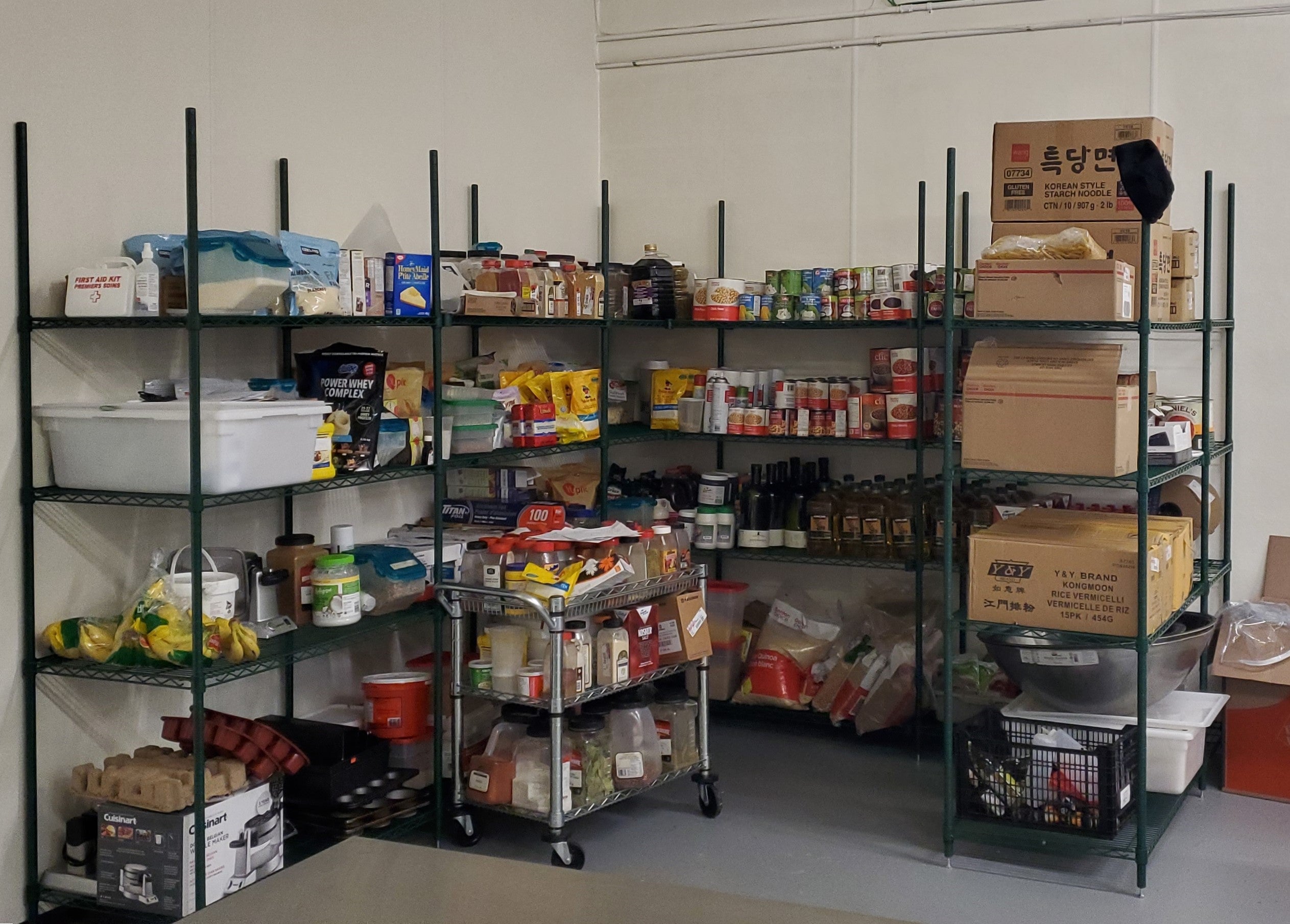
When it comes to organizing your commercial kitchen, storage racks are essential for keeping things tidy and efficient. Two of the most popular materials for these racks are epoxy-coated steel and chrome-plated steel. Each offers distinct advantages depending on your kitchen's environment, usage, and specific needs.
What Are Epoxy-Coated Storage Racks?
Epoxy-coated storage racks are made from steel that has been covered with an epoxy resin finish. The epoxy coating adds a durable layer of protection that resists rust, corrosion, and damage from harsh cleaning agents. These racks are typically used in environments where moisture or exposure to chemicals is common.
Best Uses for Epoxy-Coated Racks:
- High-moisture areas: Walk-in coolers, freezers, and dishwashing stations.
- Food prep areas where the racks are exposed to chemicals, oils, and acidic foods.
- Wet environments: Hospitals, food processing plants, and other places where hygiene and rust prevention are top priorities.
What Are Chrome-Plated Storage Racks?
Chrome-plated storage racks are made from steel that has been coated with a layer of chrome. This gives them a shiny, mirror-like appearance and provides resistance to rust and corrosion under normal conditions. Chrome racks are typically more aesthetically appealing but might not hold up as well in areas with excessive moisture or exposure to harsh cleaning agents.
Best Uses for Chrome-Plated Racks:
- Dry environments: Pantries, storage rooms, and areas with limited moisture.
- Front-of-house storage: Displays in restaurants or kitchens that require a polished look.
- General-purpose storage: Ideal for non-food applications or for non-chemical exposure environments.
Comparison Chart: Pros and Cons of Epoxy-Coated vs. Chrome-Plated Storage Racks
| Feature | Epoxy-Coated Storage Racks | Chrome-Plated Storage Racks |
|---|---|---|
| Corrosion Resistance | Excellent for high-moisture environments (e.g., freezers). | Moderate. Good for dry areas, but susceptible in wet areas. |
| Durability | Highly durable, can withstand heavy wear and tear. | Generally durable but can show scratches or chips over time. |
| Appearance | Matte finish, can look less polished in certain settings. | Shiny, reflective surface ideal for front-of-house use. |
| Ease of Cleaning | Smooth surface resists dirt and is easy to wipe down. | Easy to clean but can accumulate fingerprints and streaks. |
| Resistance to Chemicals | Excellent resistance to harsh cleaning agents and acids. | Moderate. Chrome plating can degrade with exposure to strong cleaners. |
| Price | Typically more affordable. | Can be more expensive due to the chrome plating process. |
| Best Use Location | Walk-in coolers, dishwashing stations, food prep areas. | Storage rooms, dry pantries, and front-of-house storage. |
| Rust and Wear Resistance | Superior rust resistance in humid or wet environments. | Can rust if exposed to prolonged moisture or harsh conditions. |
| Aesthetic Appeal | Functional but not as visually appealing. | Glossy finish is visually striking, often used in visible areas. |
| Weight | Typically slightly heavier due to the coating. | Lighter than epoxy-coated racks, easier to move around. |
Which One Should You Choose?
The choice between epoxy-coated and chrome-plated storage racks ultimately depends on your kitchen’s specific needs:
-
Choose epoxy-coated racks if your kitchen is prone to moisture, heavy-duty cleaning, or chemical exposure. They are ideal for coolers, dishwashing areas, and food prep zones where rust and corrosion could be an issue.
-
Choose chrome-plated racks if you need a stylish, easy-to-clean storage solution for dry environments or areas where appearance is key, like front-of-house displays or dry pantry storage.
By understanding the strengths and weaknesses of each option, you can make a more informed decision to suit your kitchen’s operations. Both types offer durability and versatility, so the right choice for your commercial kitchen depends on factors like moisture levels, cleaning requirements, and aesthetic preferences.



